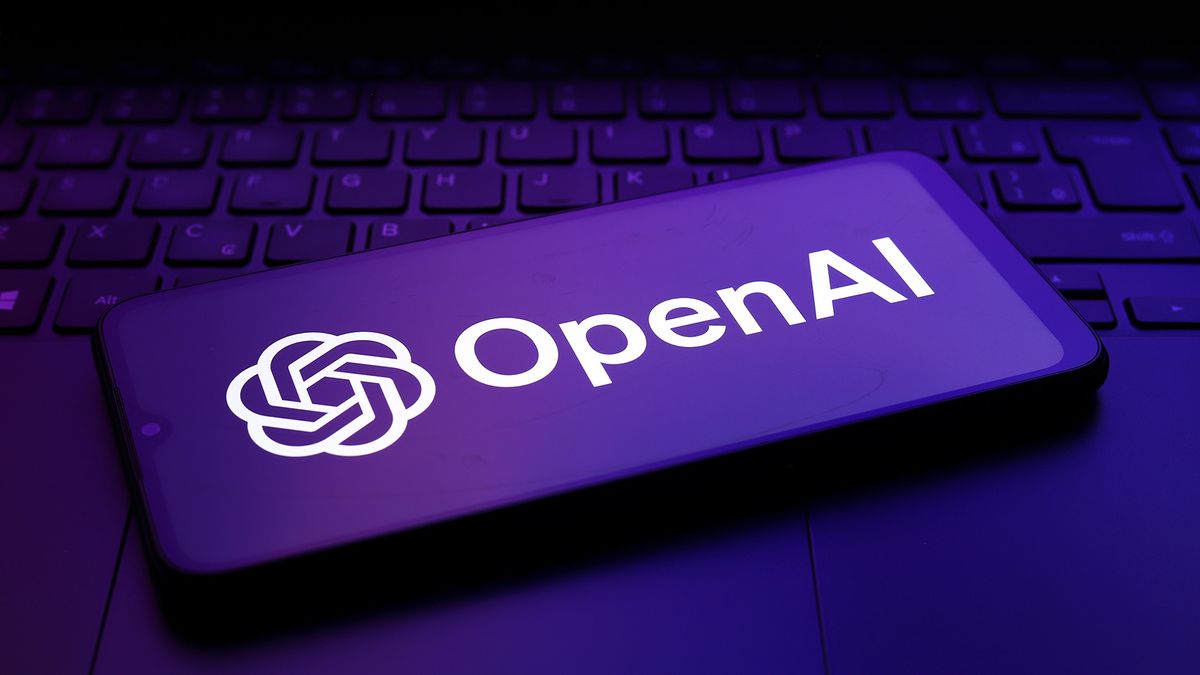Ghana is quietly undergoing a digital revolution. While the headlines often focus on fiscal policies or natural resources, a parallel transformation is unfolding one driven by mobile technology, digital payments, artificial intelligence (AI), and a rising startup culture. The country is increasingly positioning itself as a tech-driven economy in West Africa, and the signs are beginning to show.
Fintech Leading the Charge
Nowhere is this transformation more evident than in the fintech sector. Mobile money services, led by giants like MTN MoMo and Vodafone Cash, have redefined how Ghanaians transact.
According to the Bank of Ghana, mobile money transactions surpassed GH¢1 trillion in 2024, a figure that would have been unimaginable a decade ago.
Startups like Zeepay, Hubtel, and ExpressPay are bridging financial gaps by offering services from remittances to online payments. This financial inclusion is empowering small businesses, boosting e-commerce, and reducing dependency on cash in an economy that was once almost entirely informal.
The Rise of the Startup Ecosystem
Ghana’s growing tech startup ecosystem, anchored in Accra, is attracting both local and foreign investment. Initiatives like the Ghana Tech Lab, Meltwater Entrepreneurial School of Technology (MEST), and the Mastercard Foundation’s Young Africa Works program are nurturing the next generation of digital entrepreneurs.
From agritech to healthtech, startups are finding tech-driven solutions to uniquely African problems. One standout is Farmerline, which uses AI and voice-based mobile tools to provide smallholder farmers with real-time data on weather, market prices, and agricultural best practices all in local languages.
Government’s Role in Digital Policy
The Ghanaian government has taken several steps to accelerate digital adoption. The implementation of the Digital Address System, Ghana Card integration, and paperless port operations are parts of a broader Digital Ghana Agenda.
Under the Ministry of Communications and Digitalisation, the government aims to digitise public services, improve connectivity, and enhance digital literacy. However, critics argue that more needs to be done to ensure inclusivity, especially in rural areas where internet penetration remains below 50%.
AI, Big Data, and the Next Frontier
Beyond mobile and fintech, AI and data analytics are slowly making their way into Ghana’s economic infrastructure. Financial institutions are using AI to detect fraud and assess credit risk, while telecom companies are leveraging big data to improve customer service and network efficiency.
While adoption is still in its early stages, the potential is vast.
According to McKinsey, AI could add $1.2 trillion to Africa’s GDP by 2030. For Ghana to capture its share of that growth, investment in digital infrastructure and human capital will be critical.
Challenges and the Road Ahead
Despite these gains, the path to full digital transformation is not without obstacles. Issues such as poor internet reliability, high data costs, digital literacy gaps, and cybersecurity threats continue to pose significant risks.
Moreover, the digital divide remains a concern. While urban centers like Accra, Kumasi, and Takoradi are surging ahead, rural communities risk being left behind. Bridging this gap will require coordinated public-private partnerships and greater investment in affordable internet access.
Conclusion
Ghana's digital economy is at a turning point. With the right mix of policy support, infrastructure investment, and private innovation, the country can harness emerging technologies to drive inclusive economic growth.
The pieces are already in place, what’s needed now is sustained momentum and bold leadership.
As the rest of the world races into the Fourth Industrial Revolution, Ghana has an opportunity not just to catch up, but to leap ahead.














